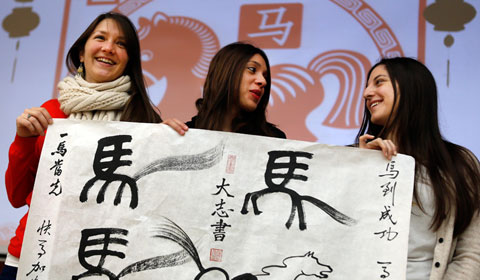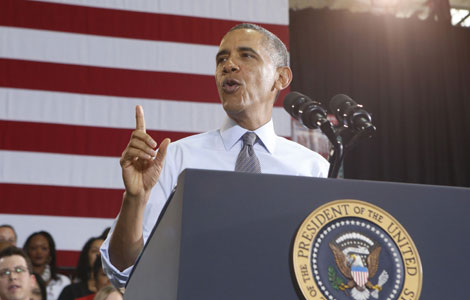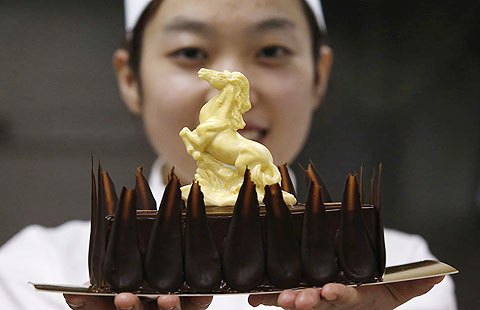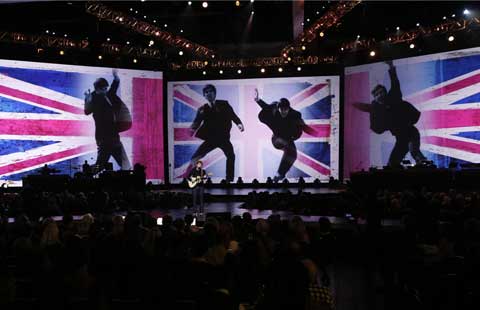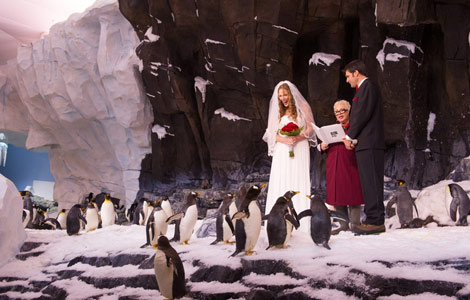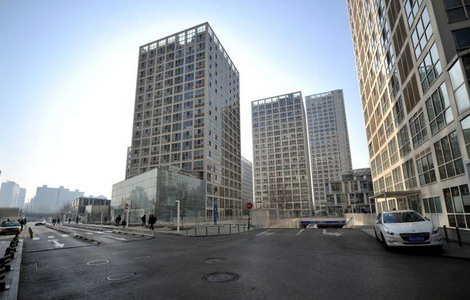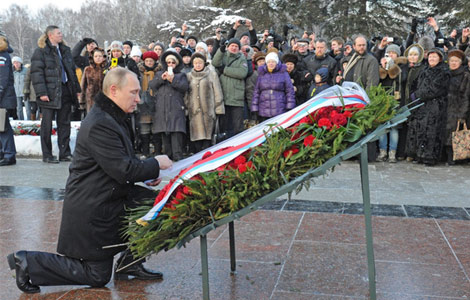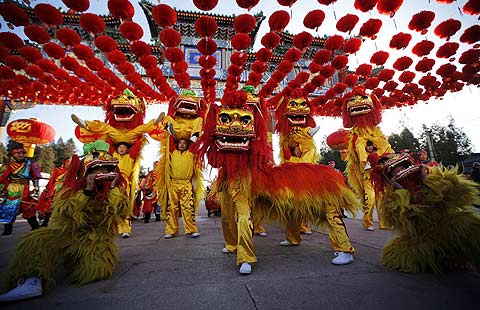LatAm leaders visit Fidel Castro in Cuba
Updated: 2014-01-31 08:59
(Xinhua)
|
||||||||
|
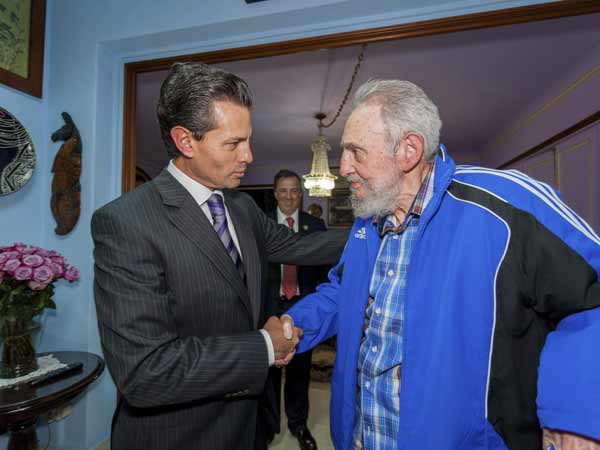 Mexico's President Enrique Pena Nieto shakes hands with Cuba's former President Fidel Castro during a meeting in Havana in this handout picture released to Reuters on January 30, 2014. [Photo/Agencies] |
HAVANA - Latin American heads of state attending a regional summit in Havana, Cuba, has taken the opportunity to visit retired Cuban leader Fidel Castro, state daily Granma reported Thursday.
The presidents of Mexico, Nicaragua, Bolivia, Ecuador and Uruguay met with Castro, 87, Wednesday on the sidelines of the 2nd Summit of the Community of Latin American and Caribbean States ( CELAC), which gathered 33 countries from the Americas, with the exception of the US and Canada.
Nicaraguan President Daniel Ortega and his Bolivian and Ecuadorian counterparts Evo Morales and Rafael Correa visited Castro, who is considered mentor to Latin America's leftist politicians.
The daily described the gathering as "fraternal and cordial", and published images of a cheerful Castro embracing each of his visitors.
According to Granma, the three Latin American presidents had requested to visit him together, "given the traditional ties of friendship that have always existed between the four countries."
On Wednesday night, Castro met separately with Uruguayan President Jose Mujica and Mexico's President Enrique Pena Nieto.
Earlier, other regional heads of state attending the summit, including Argentina's Cristina Fernandez, Brazil's Dilma Rousseff, Venezuela's Nicolas Maduro, Jamaican Prime Minister Portia Simpson, and Kenny Davis Anthony, head of government of Saint Lucia, paid a visit to Castro.
Castro also met with UN Secretary-General Ban Ki-moon, who attended the summit as a special guest.
The meetings with Castro were significant given the US government's persistent efforts over the past five decades to isolate communist Cuba.
Castro came to power after ousting Cuban dictator Fulgencio Batista in 1959, and set about rehabilitating a country that had been racked by years of corruption and brutal oppression.
Washington, wary of communist influence so close to its borders, launched an economic embargo against the tiny Caribbean country that still continues, and used its economic clout to turn Cuba into a political pariah.
However, the Latin American left, including notably the late Venezuelan president Hugo Chavez, who spearheaded the creation of CELAC, regarded Castro a model of socialist government and resistance to rampant capitalism.
Most Viewed
Editor's Picks

|

|

|

|

|

|
Today's Top News
Xi extends Lunar New Year greetings
Ambassador nominee vows to expand China ties
HK slaps sanctions on Manila
More Chinese set to travel overseas
Lenovo makes move on Motorola
China-themed malls a new trend in the Bay area
Replace dollar with super currency
Japan should learn from Germany
US Weekly

|

|
